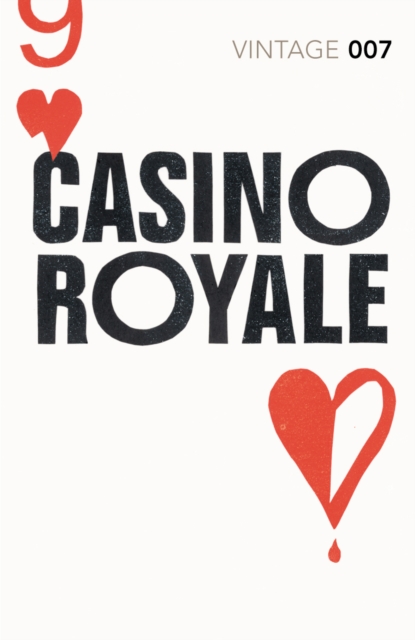Growing up, I was always a fan of spy movies and books. I loved the idea of espionage, danger, and high-stakes operations. So, when I discovered Ian Fleming's "Casino Royale," the first James Bond novel, I was immediately hooked.
As I started reading, I was
struck by the unique blend of action, suspense, and romance that Fleming had
crafted. Unlike other spy thrillers, "Casino Royale" was not just
about the mission or the action scenes; it was also a character study of the
iconic spy, James Bond. Fleming portrayed Bond as a flawed and vulnerable hero,
giving him a human touch that was often missing from other action-driven
stories.
The love story between Bond and
Vesper Lynd was also captivating. The emotional depth that their relationship
added to the story made it all the more intriguing. I found myself invested not
just in the mission but also in the characters' personal struggles.
Fleming's descriptive prose also
added to the novel's allure. He expertly crafted an immersive world of
high-stakes gambling, espionage, and danger. The novel's setting in the
glamorous French Riviera and the exclusive Casino Royale made it feel like I
was transported to a world of luxury and danger.
But what really struck me was the
novel's impact on popular culture. "Casino Royale" was the first
James Bond novel, and it introduced the world to one of the most iconic
characters in modern literature. The novel's success spawned a franchise that
has become a cultural phenomenon, with numerous films, books, and other media
dedicated to the character of James Bond. Fleming's portrayal of the Soviet
Union as a hostile and dangerous adversary reflected the real-world tensions of
the time. The novel's themes of espionage, betrayal, and the high-stakes nature
of international relations remain relevant today, making it a timeless classic.
Another significant contribution of "Casino Royale" was the
introduction of a new kind of villain, one who was not just a stereotypical
communist spy or criminal mastermind, but a multi-layered character with
motivations and emotions of his own. Le Chiffre, the villain of "Casino
Royale," was a complex and intriguing character, who added depth and
realism to the story. This departure from the traditional villain archetype
also influenced the development of future Bond villains and other spy thrillers
as well.
This book holds a special place
in my heart. Its unique blend of action, suspense, and romance, along with its
vivid prose and immersive setting, make it a must-read for anyone interested in
the spy thriller genre. More than half
of a century after its first publication, "Casino Royale" remains
remarkable and continues to inspire and captivate readers around the world.

No comments:
Post a Comment